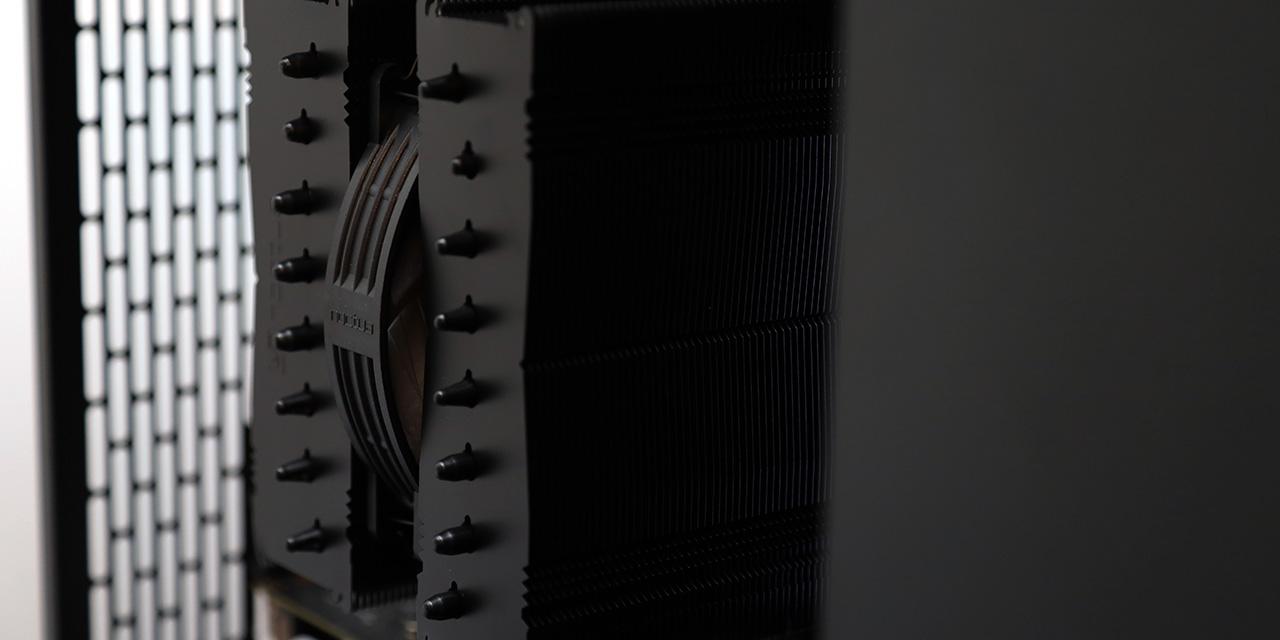Page 3 - Benchmark: AIDA64 Disk Benchmark
About AIDA64 Engineer
AIDA64 Engineer has a hardware detection engine unrivaled in its class. It provides detailed information about installed software and offers diagnostic functions and support for overclocking. As it is monitoring sensors in real time, it can gather accurate voltage, temperature and fan speed readings, while its diagnostic functions help detect and prevent hardware issues. It also offers a couple of benchmarks for measuring the performance of individual hardware components or the whole system. It is compatible with all 32-bit and 64-bit Windows editions, including Windows 11 and Windows Server 2022.
From: Developer's Page




Our SSD review benchmark results are presented in alphabetical order, so it is understandable the first on the list are results from one of our favorite benchmarking programs, AIDA64 Engineer. Just to note, AIDA64 Engineer is a full synthetic benchmark. This means it is not necessarily a direct representation of real-life performance, such as how fast applications start or how fast it takes to start up your operating system. However, it does provide valuable insight into the performance between different drives and different controllers.
From the graphs above, the Lexar PLAY 2280 4TB performed below average. Across the four tests, it ranked near the bottom of the tested drives. In the linear test, it was, on average, the fifth placed SSD, which places it under even some QLC-based SSDs like the Netac NV7000-Q and Kingston NV3. The mediocre results continued with the random read and buffered read tests, ranking last and second to last in the results, respectively. These tests were also validated with several runs to ensure its accuracy. Finally, its access time was 0.02ms, which is tied for the highest latency, but this is not a huge deal.
Page Index
1. Introduction, Packaging, Specifications
2. A Closer Look, Test System
3. Benchmark: AIDA64 Disk Benchmark
4. Benchmark: ATTO Disk Benchmark
5. Benchmark: Crystal Disk Mark 8.0
6. Benchmark: HD Tune Pro 5.70
7. Benchmark: PassMark PerformanceTest 11
8. Benchmark: PCMark 10
9. Benchmark: 3DMark
10. Conclusion





